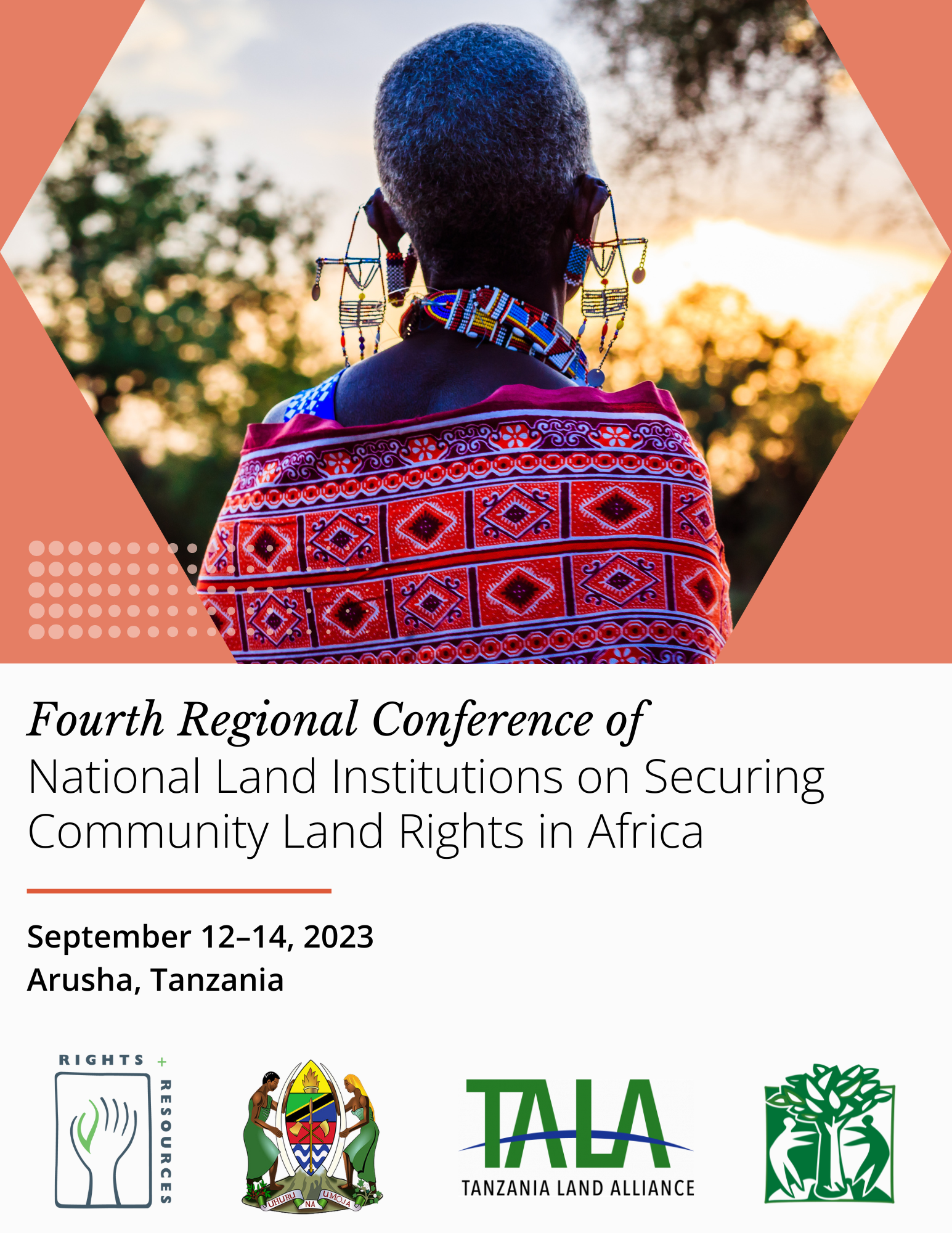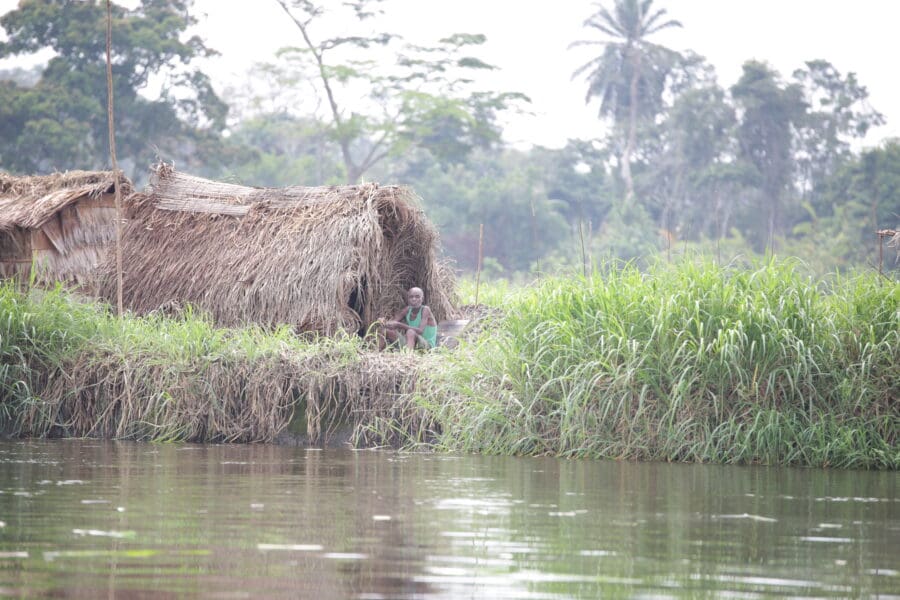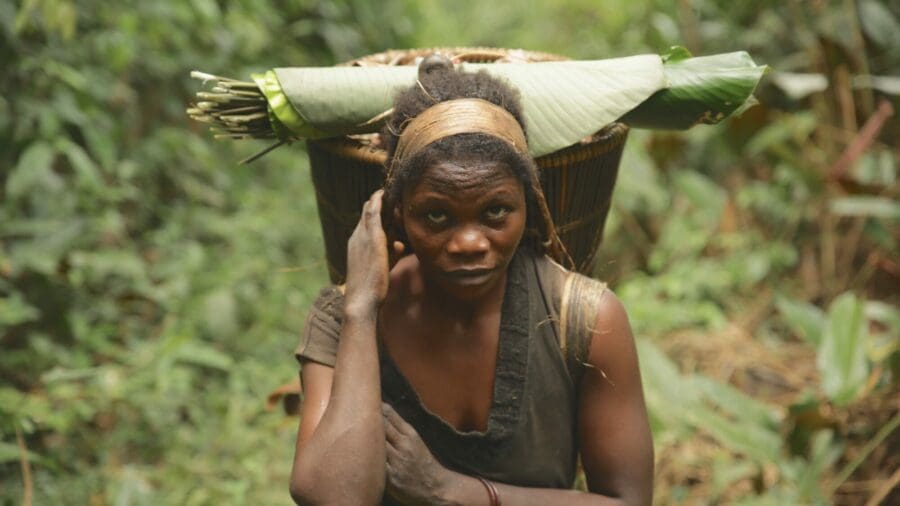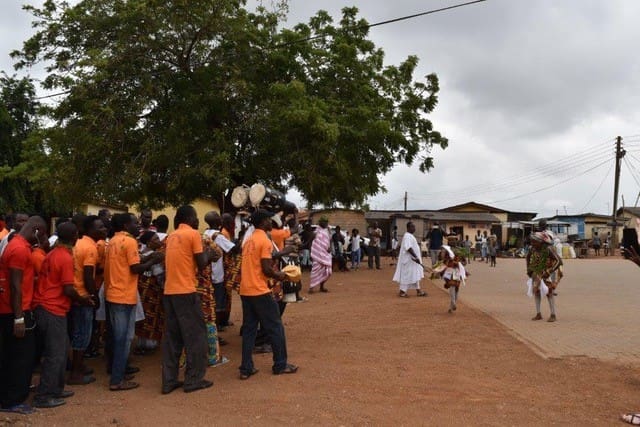-
- From September 12–14, 2023, the African Land Institutions Network for Community Rights (ALIN) will hold its 4th regional conference in Arusha, Tanzania.
- The conference seeks to scale up implementation of community land rights across the continent.
- Land institutions from over a dozen countries will share lived experiences, opportunities, and challenges to further the community land rights agenda in Africa, with Indigenous and local community women, youth, and pastoralists taking center stage.
Governments and regional institutions across Africa are increasingly recognizing the security of Indigenous Peoples’ and local communities’ land rights as one of the key drivers of social peace and sustainable economic development in Africa.
Initiated in 2017 in Accra and formally established in 2019 in Antananarivo, the African Land Institutions Network (ALIN) is a community of practice through which members can reinforce capacities, foster dialogue, and promote information sharing and serves as an accountability mechanism to measure progress.
Capitalizing on commitments made and lessons learned at previous meetings in Ghana (2017), Madagascar (2019), and Togo (2021), more than 100 leaders will meet in Tanzania later this month to take stock of progress.
This year’s conference is co-hosted by the Rights and Resources Initiative (RRI), the Government of Tanzania’s Ministry of Lands, Housing and Human Settlements Development, the Tanzania Land Alliance, and the Tanzanian Forest Conservation Group.
African land institutions look to place community land rights at the center of national development agendas
In July 2009, the African Union Commission, the Economic Commission for Africa, and the African Development Bank adopted the Land Policy Framework and Guidelines with the objective of securing land rights and improving the livelihoods of Africans.
Since then, progressive legislation and initiatives have emerged across the continent in Burkina Faso, Cameroon, the Democratic Republic of the Congo (DRC), the Ivory Coast, Kenya, Liberia, Madagascar, and Togo, among others. Thousands of communities have secured formal land titles through new laws encouraging land surveying and registration. Successes in these countries would not have been possible without national land institutions keeping governments accountable for commitments made at the local, national, and regional levels.
As of 2020, almost 10% of land in 23 countries in Sub-Saharan Africa is owned by Indigenous or local communities. RRI has found that Africa saw the greatest increase in legal recognition of community land rights globally—an increase of 12 percent or 35 million hectares between 2015 and 2020.
However, despite best efforts, many of the laws and policies adopted since 2009 have yet to be implemented and few opportunities exist for regular peer-to-peer exchanges between national land institutions in African countries.
Tanzania’s National Land Policy as best practice
Tanzania was among the first African countries to develop a national land policy ( the Land Act No. 4 and Village Land Act No. 5 of 1999) and is often commended for having one of the most progressive legal frameworks in the region for community and women’s land rights.
The country’s draft New Land Policy of 2016 is a step in the right direction toward a people-centered land policy and has the potential to become a blueprint for other countries. The government officially recognizes the importance of land for the livelihood and economies of its people and the policy includes several provisions safeguarding communities’ land rights.
Similarly, the draft policy may offer pastoral communities, who have been historically underrepresented in consultation and reform processes, new avenues for land rights recognition.
Nevertheless, there is work to be done. While the draft policy guarantees—for the first time—women’s access to land, it falls short of recognizing their right to own land, and the rights of pastoralists such as the Maasai will need to be clarified and protected.
A conference for dialogue and action
The Fourth Regional ALIN Conference is a strategic opportunity to accelerate commitments and action in the lead-up to the 2023 UN Climate Conference (COP28) to consolidate political will, mobilize resources, and establish a roadmap for scaling up law and policy implementation.
Indigenous Peoples, local communities, women, youth, and pastoralists in Africa are conserving some of the continent’s most biodiverse lands, forests, and watersheds. By working together, communities and national land institutions have a key role to play in keeping governments accountable for the betterment of all.









